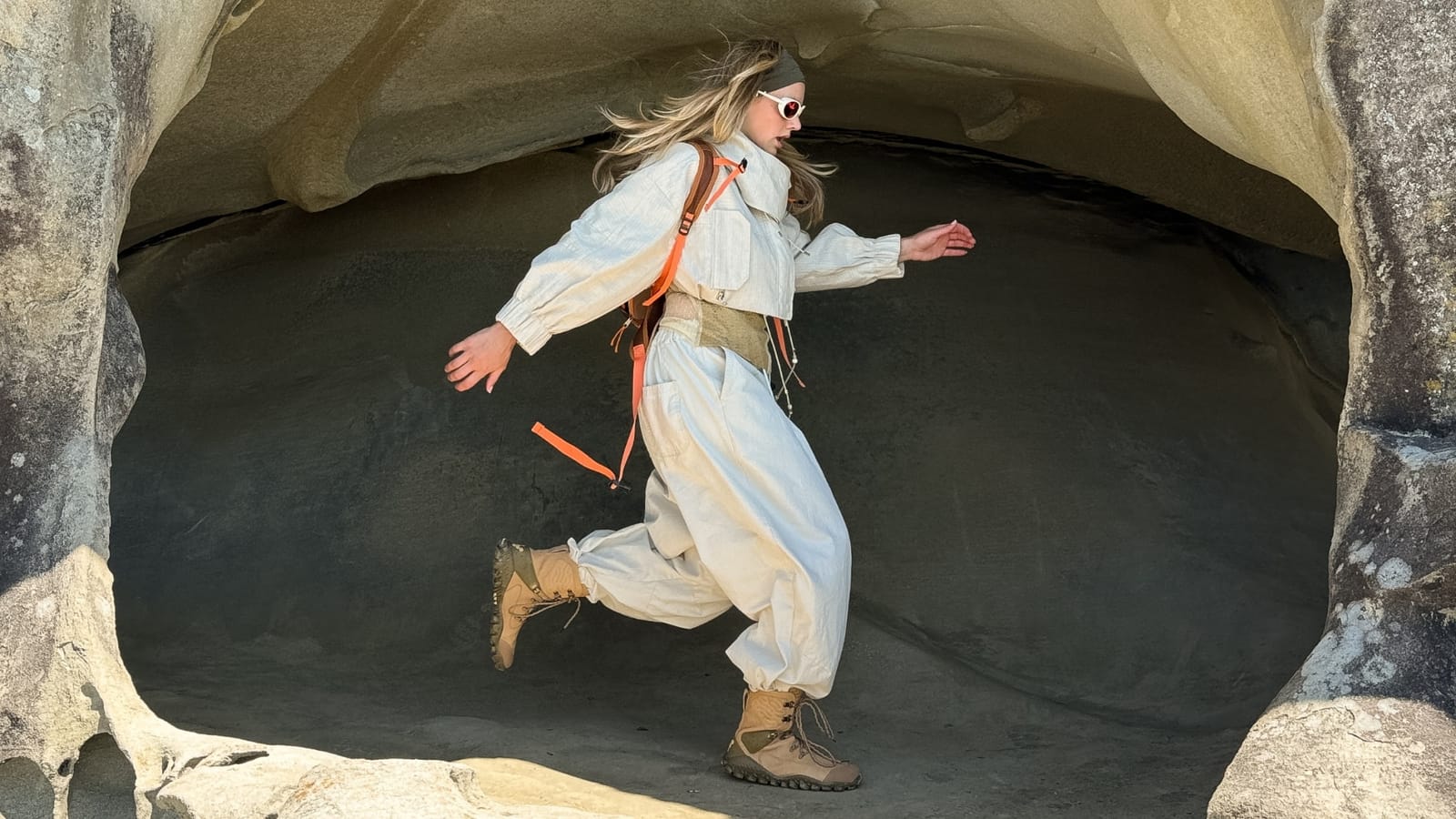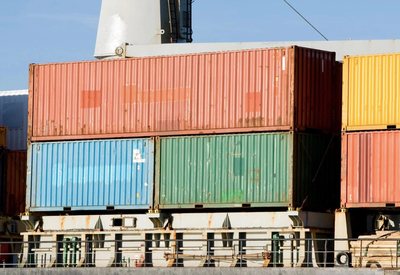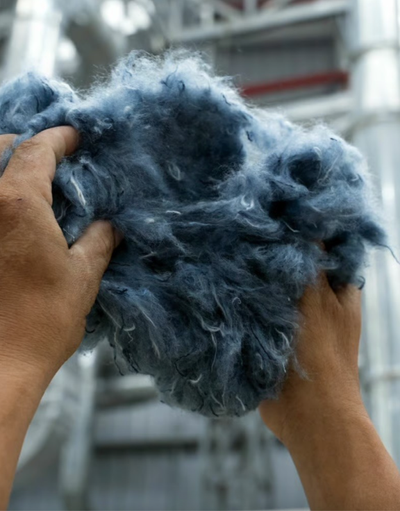Vivobarefoot Co-Founder and CEO Galahad Clark says the brand’s newly released 2025 Unfinished Business report is built on an unvarnished philosophy: “Meaningful change doesn’t happen by presenting a polished version of reality.” The publication represents the company’s strongest commitment yet to opening up its regenerative journey — including missteps, operational failures, and the uncomfortable lessons that come with them.
Clark insists that embracing imperfection is not a marketing tactic but a cultural foundation. “By being open about our gaps, we create space for innovation and collaboration,” he says. “If we want to build genuinely regenerative systems, we have to be willing to share the challenges as openly as the wins.” The EU warehouse transition stands out as one of the year’s most disruptive challenges. The onboarding process produced shipping delays, communication breakdowns, and, as Clark puts it, “many, many frustrated customers.” A full debrief with logistics partners has since led to redesigned processes and a new commitment to early, frequent communication when issues arise.
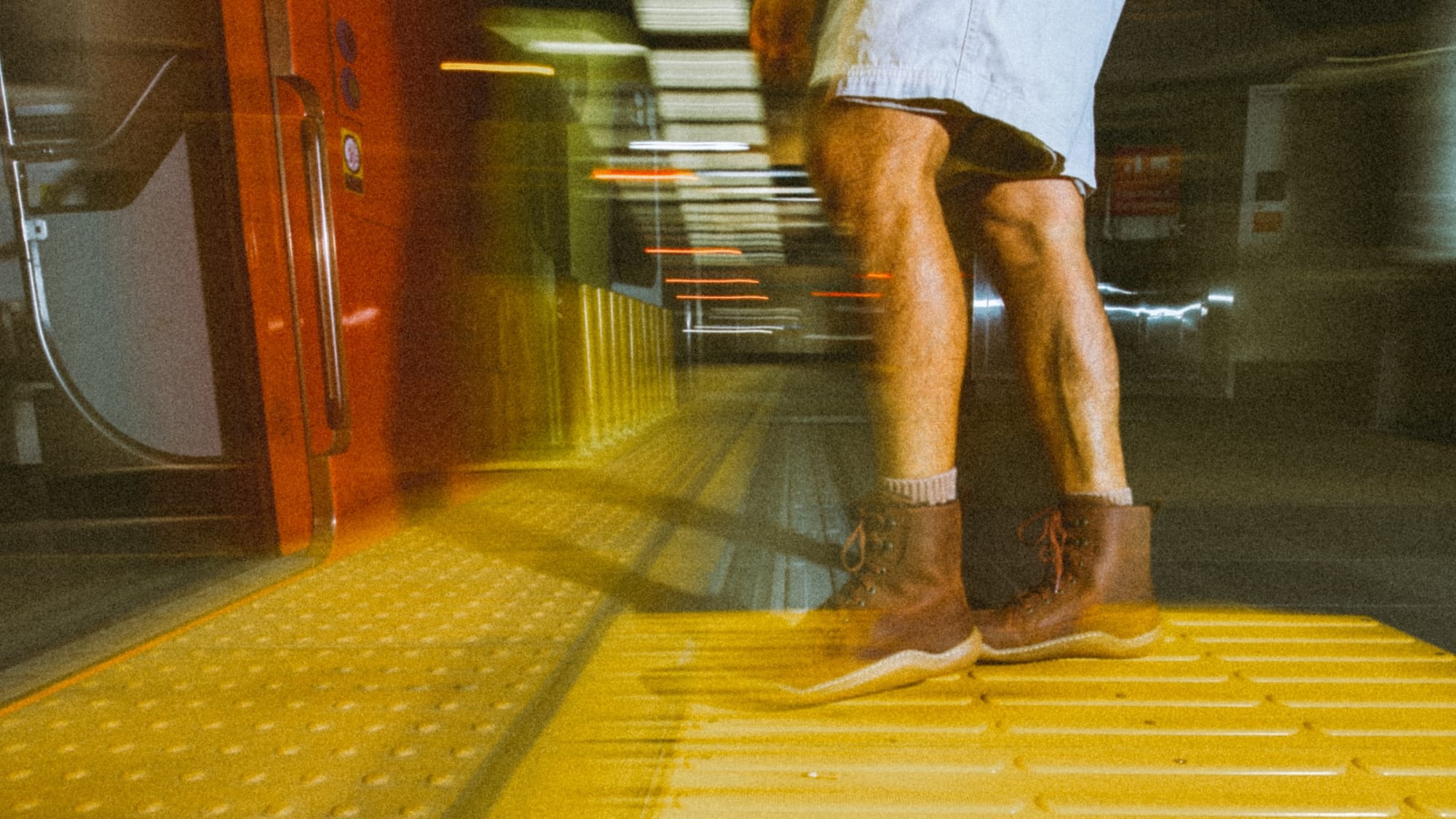
The report lays out the full extent of these operational struggles in its “Fantastic Failures” section — from assessment delays in the VivoHealth tool to repair economics that still don’t “stack up commercially.” Customer Happiness scores dropped to 42.5 due to fulfilment and exchange pain points, while stock shortages left customers unable to purchase the styles they wanted. Clark notes that transparency around these failures is the starting point for better systems: “Silence is not neutral. Sharing lessons openly helps us, and hopefully inspires others.”
Balancing long-term regeneration with the immediate need to “get the basics right” remains a recurrent theme. “Our regenerative mission is our North Star,” Clark says, “but we recognise that customer experience must be flawless for our vision to have impact.” The company is now prioritising fulfilment stability, clearer pricing and delivery information, and improved customer segmentation. “Profit is the oxygen that allows purpose to breathe,” he adds, emphasising that operational excellence underpins every regenerative investment.
Circularity remains one of the strongest areas of customer demand. Repairs surged from 3.8k to 8.3k pairs, including more than 2,000 online repairs purchased during Repair Week. But the economics are still challenging. “Pricing remains a commercial issue,” Clark admits. Vivobarefoot is testing automated cleaning technology in the US to reduce labour costs and strengthen the ReVivo offering, while expanding partnerships — including with The Boot Repair Company — to build repairability into product design from the beginning. Progress, Clark argues, depends not just on technical solutions but cultural change, “such as normalising visibly repaired footwear.”
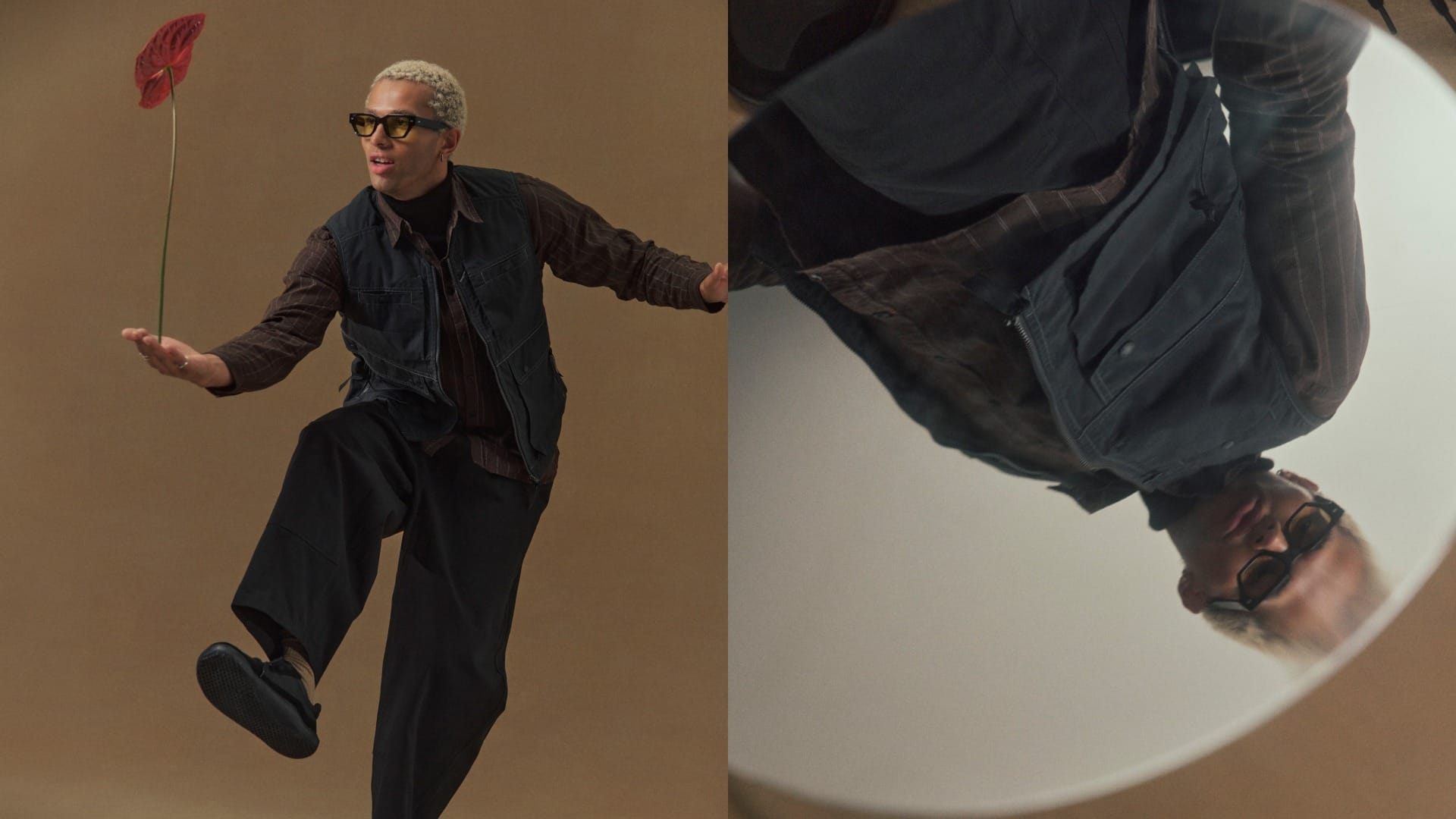
The report also highlights contrasting sales momentum between genders. Women’s share of adult sales rose to 35%, driven by focused investment, dedicated styles, and a campaign that Clark says had “strong energy.” Men’s sales, meanwhile, dipped by 1%. “Focus and scale matter,” he reflects. The brand plans to re-engage its male audience through sharper storytelling, better product clarity, and inclusive campaigns that build on recent community-led success.
Beyond year-in-review reflections, the Unfinished Business report offers a detailed look at Vivobarefoot’s financial and operational landscape. Revenue grew 5% to £91.4m, and unit sales increased 12% to 1.2m pairs, despite supply chain disruption, tariff uncertainty, and the warehouse transition. Impact investments advanced through the Livebarefoot Fund, with £398,216 committed to mission-aligned initiatives. The ReVivo resale and refurbishment programme processed 63,000 pairs, while the VivoBiome scan-to-print innovation produced 1,700 custom pairs based on 7,800 scans across UK stores.
The “Champagne Moments” section documents a year of progress: new robust value chain compliance led by a Vietnam-based hire, 2,000+ repairs in a single campaign week, opening the VMatrix sustainability scoring tool to other footwear brands, and women’s sales outperforming targets by 57,649 additional pairs. Store expansions in Bristol and London, the opening of Nature HQ in Somerset, and almost tenfold returns for early shareholders also mark significant milestones.

Looking to 2026, the company is reshaping how it communicates its journey. Clark acknowledges that previous 100-page reports, while thorough, were too dense for most readers. “Very few people read it end-to-end,” he says. The transition to seasonal Unfinished Business magazines aims to provide sharper, more accessible updates — and to turn transparency into a collaborative tool across the sector. “Our vision is for transparency to become a platform for collective action,” Clark notes, with open frameworks like the VMatrix playing a central role.
For those who want to explore the full detail — from value chain data to product scoring, financial performance, community metrics, and every Fantastic Failure — the complete report can be found here.

